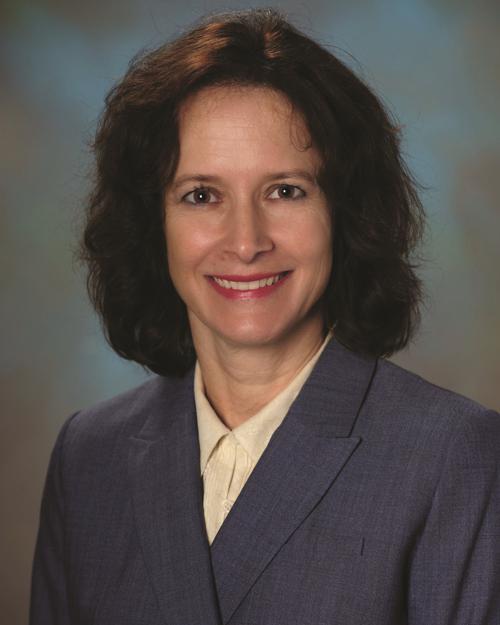Manage Menopause with TriHealth
The menopause years are a time of transition, and your needs may change as you age. You can count on our caring team to be here for you—ready to listen, understand and help.
For many women, menopause symptoms create physical and emotional challenges, making support from family, friends and the medical community essential.
The Menopause Care Team at TriHealth is here to help. Our team of certified menopause specialists includes OB-GYN providers with extensive training in perimenopause and menopause care. These specialists take the time to learn how menopause symptoms affect your day-to-day life. They also help you understand your options for improving your symptoms so you can make the right choices for you.
Our practitioners are certified by The Menopause Society, which means they meet the highest standards of clinical excellence in menopause care. Our team relies on current research, cutting-edge treatments and a deep understanding of your needs to provide the best care possible.
Yes, menopause can be challenging. But it also marks a new beginning, which can bring new opportunities and possibilities. Let our caring team partner with you.
Menopause occurs when the ovaries stop producing eggs and releasing hormones such as estrogen and progesterone.
Menopause can happen naturally or as a result of medical treatment, called “treatment-induced menopause.” No matter the cause, the symptoms of menopause are usually the same. They can persist for many years after menopause occurs, sometimes up to 10 years or longer.
Some menopause therapies offer protective benefits for your heart, bones and metabolism. Quality of life matters, too. Managing your symptoms can help you feel more like yourself again.
Natural menopause is a moment in time that happens 12 months after your last menstrual cycle. The average age of menopause in the United States is 51. Most women go through menopause between the ages of 45 and 55.
Women experience symptoms of menopause long before their last menstrual cycle. During this transition—called perimenopause—the body starts producing less estrogen, progesterone and testosterone. Symptoms of menopause, such as vaginal dryness and hot flashes, can begin at any time in this phase of life.
Women who began menstruating before the age of 13 are more likely to start perimenopause earlier in life. Perimenopause can begin for some individuals as early as their late 30s.
Treatment-induced menopause is more sudden than natural menopause. It happens when medical treatment causes your ovaries to stop producing hormones. This type of menopause happens to women who:
Menopause can show up in many ways, and the experience is different for everyone. Here are some of the most common symptoms women notice.
The menopause experience is different for every woman, and treatment is never “one size fits all.” With TriHealth, your treatment plan begins with an in-depth conversation between you and your provider. Our goal is to understand what you are going through and how menopause symptoms affect your life.
TriHealth offers a wide variety of treatment options for women based on their unique symptoms and health goals. Your provider will work with you to develop a personalized treatment plan that may include:
The menopause years are a time of transition, and your needs may change as you age. You can count on our caring team to be here for you—ready to listen, understand and help.








